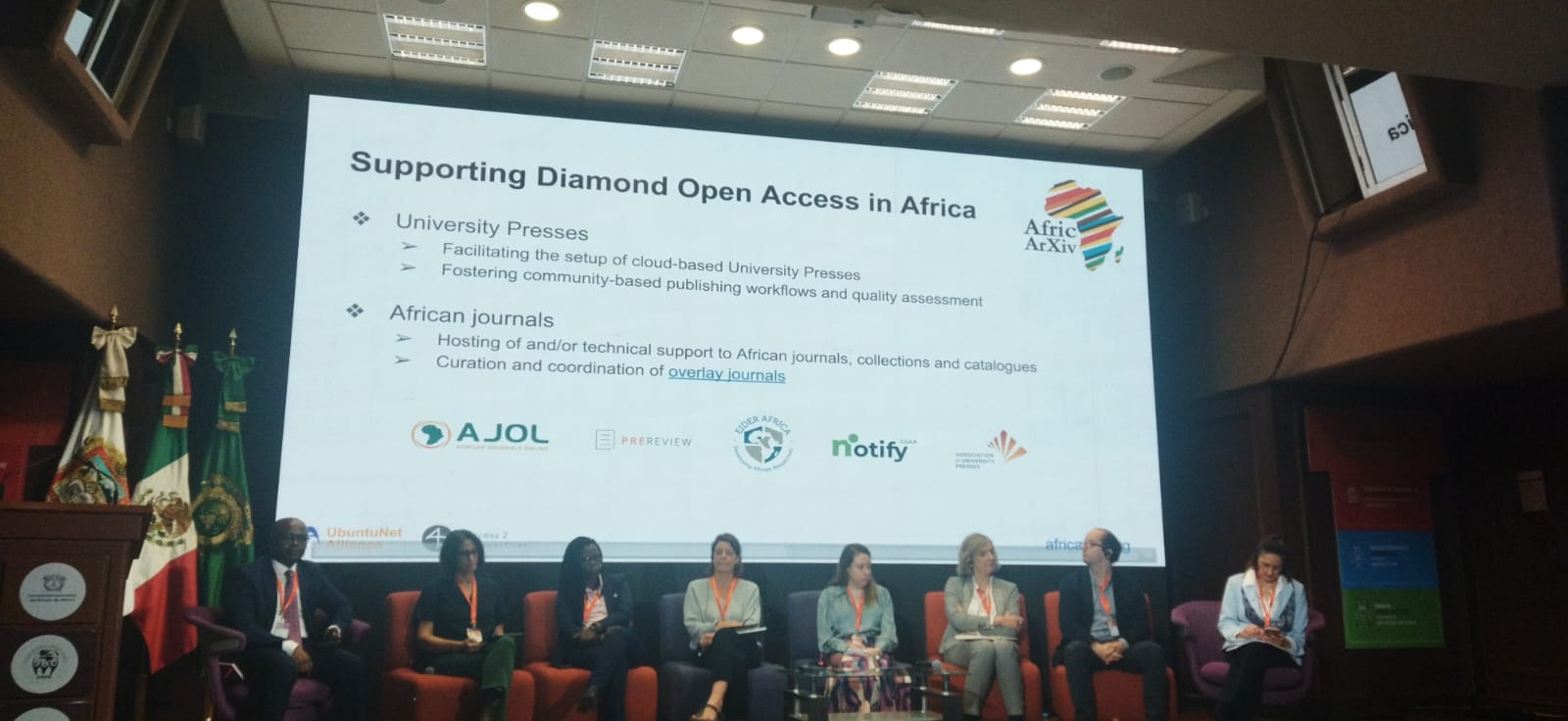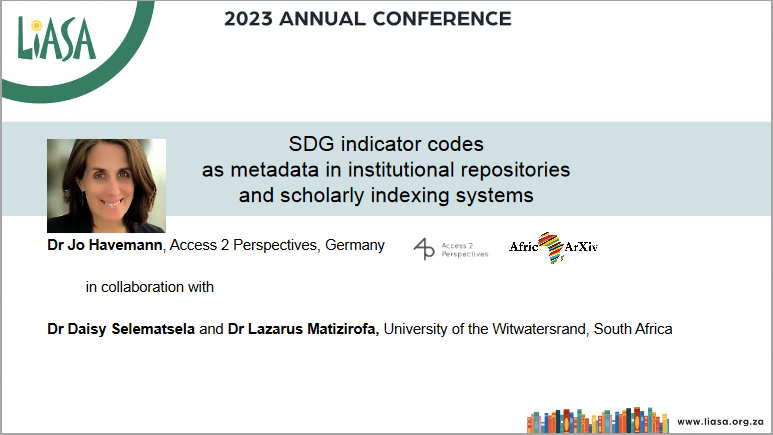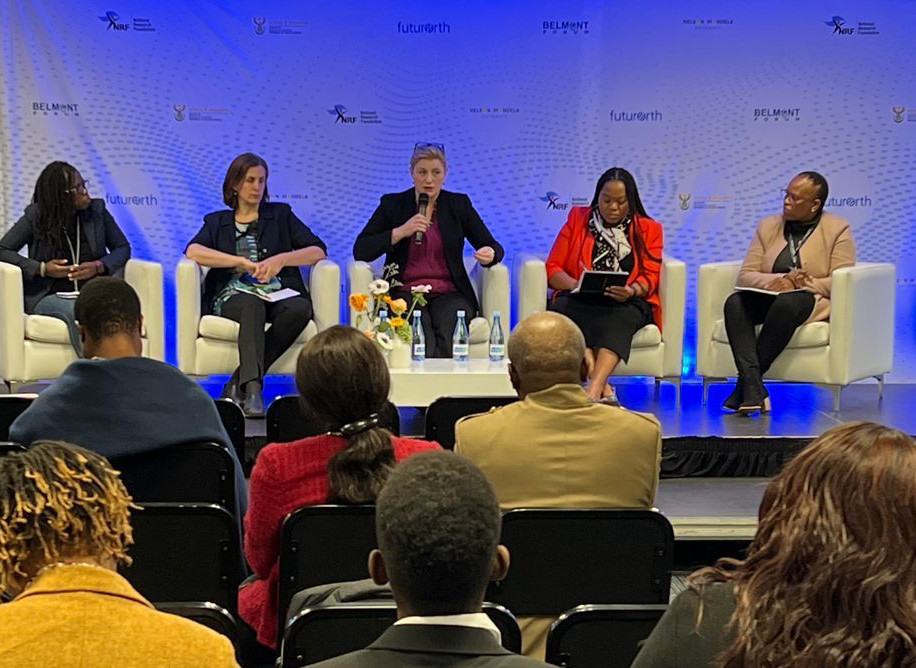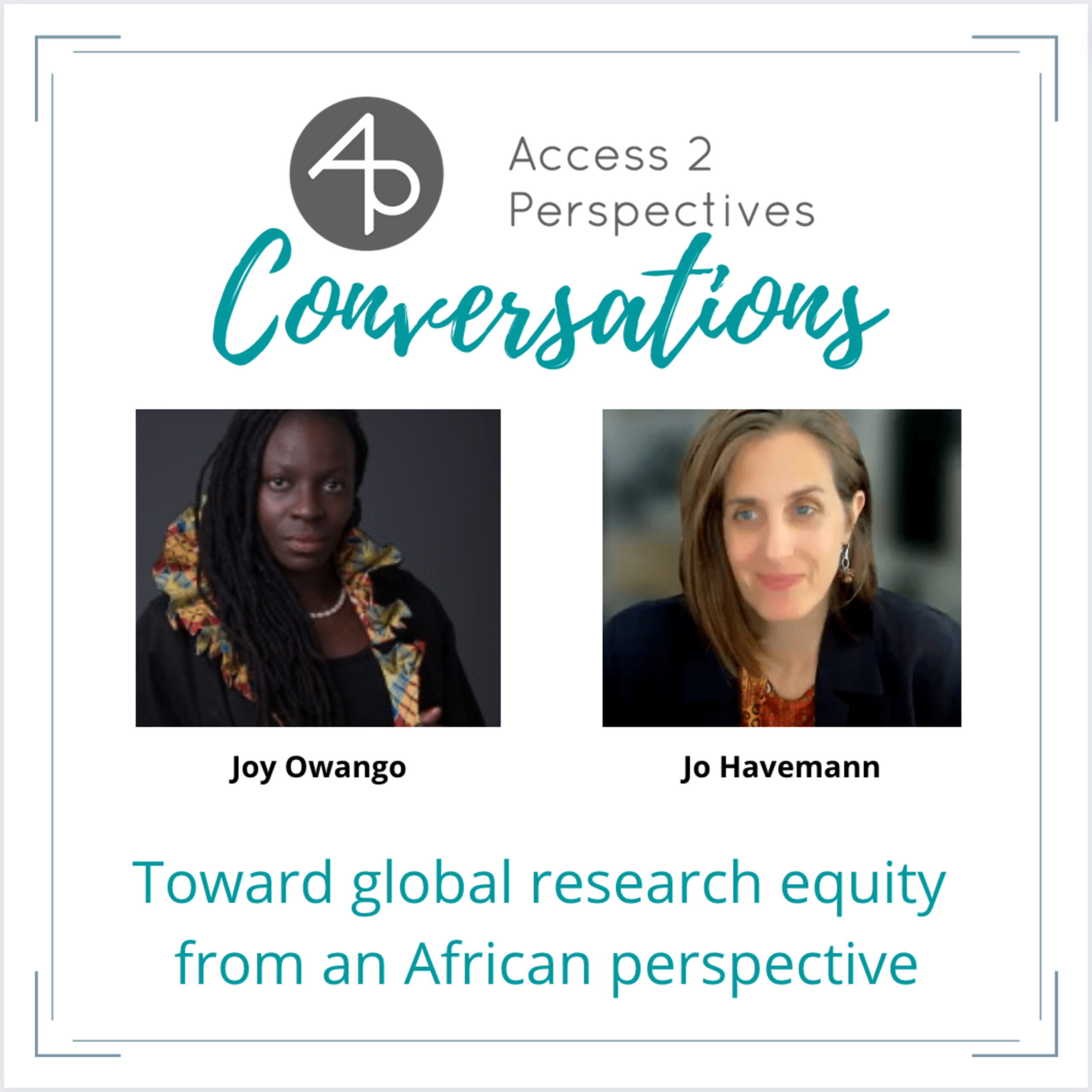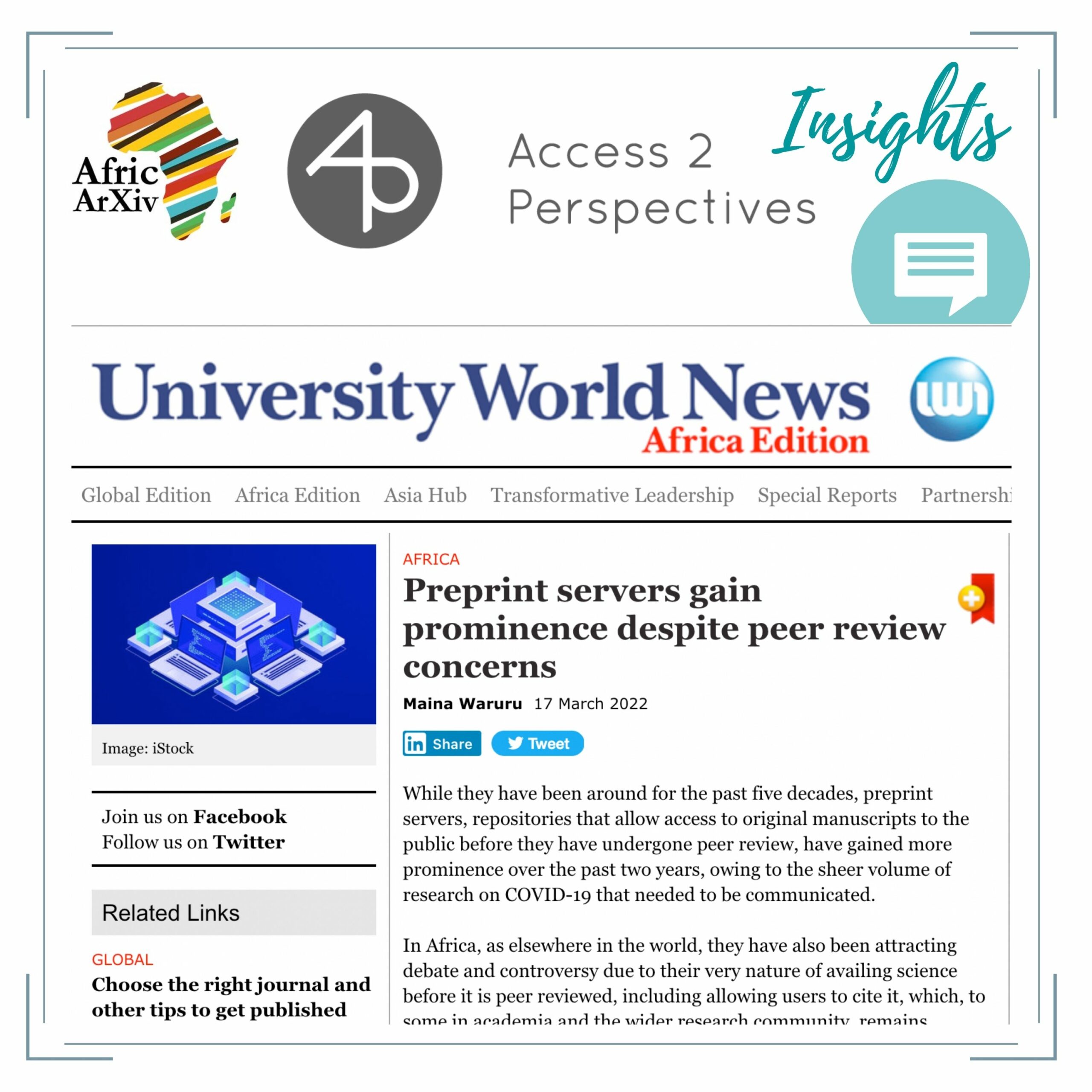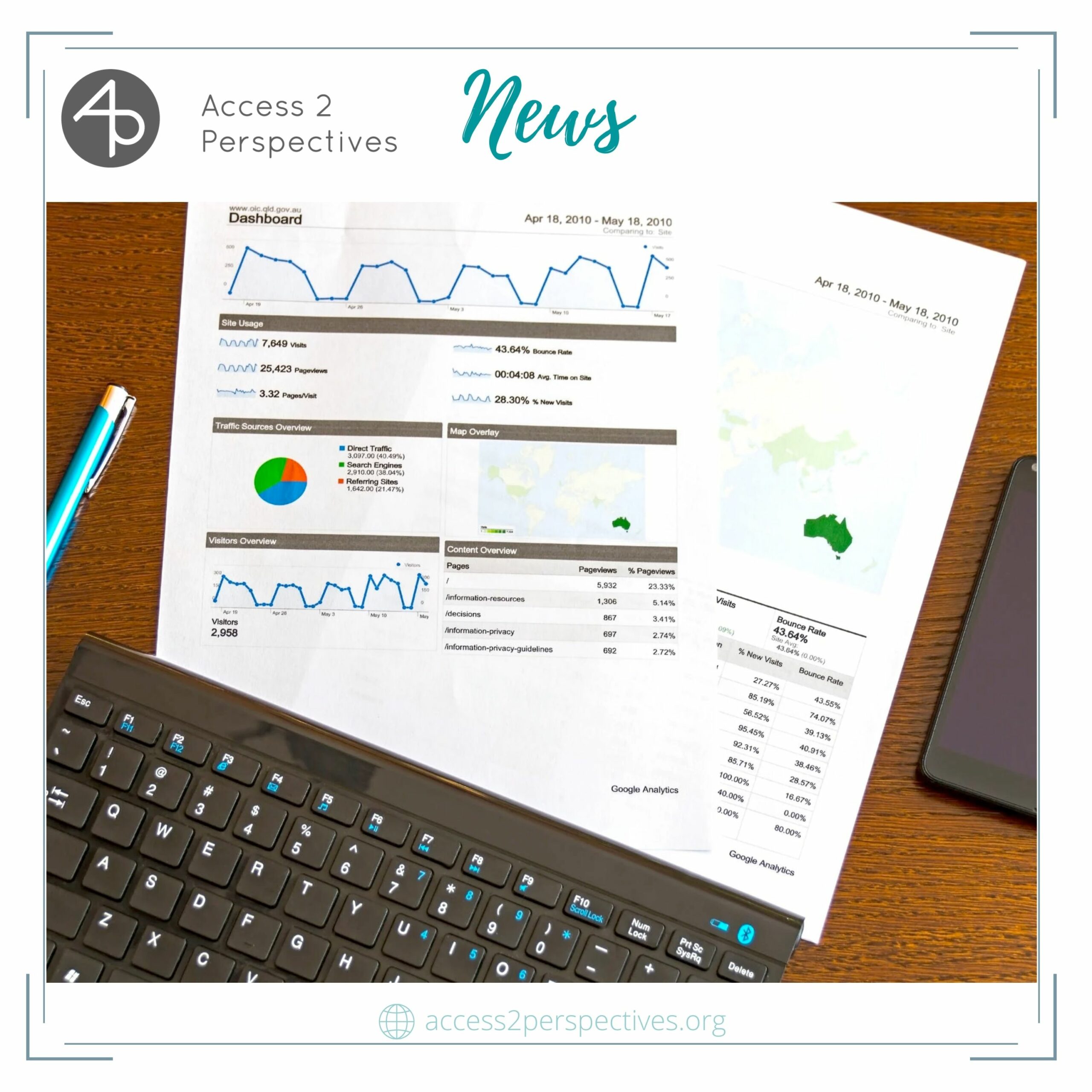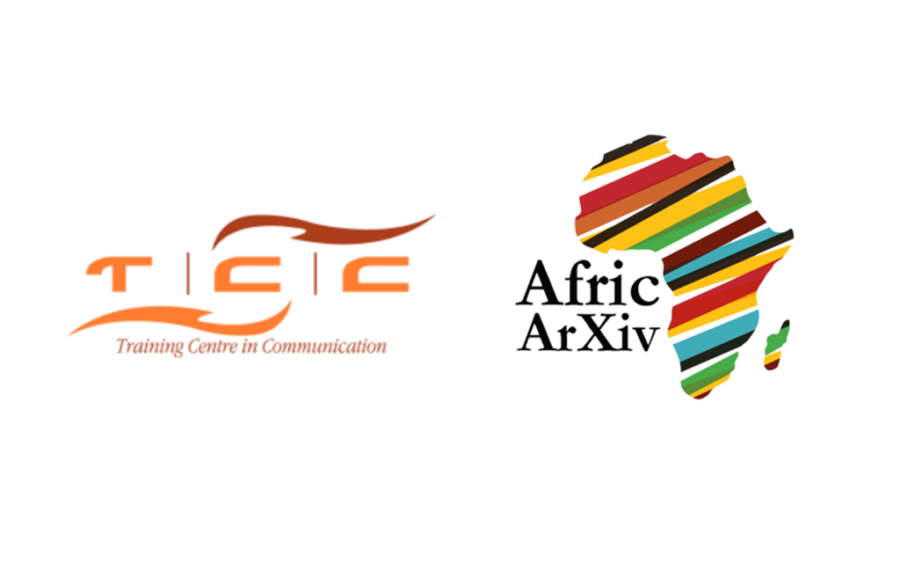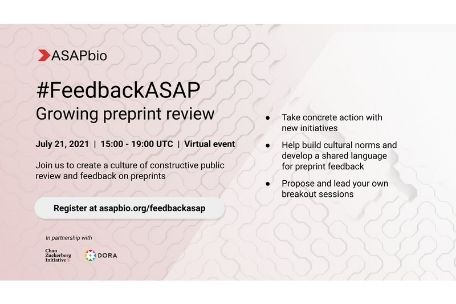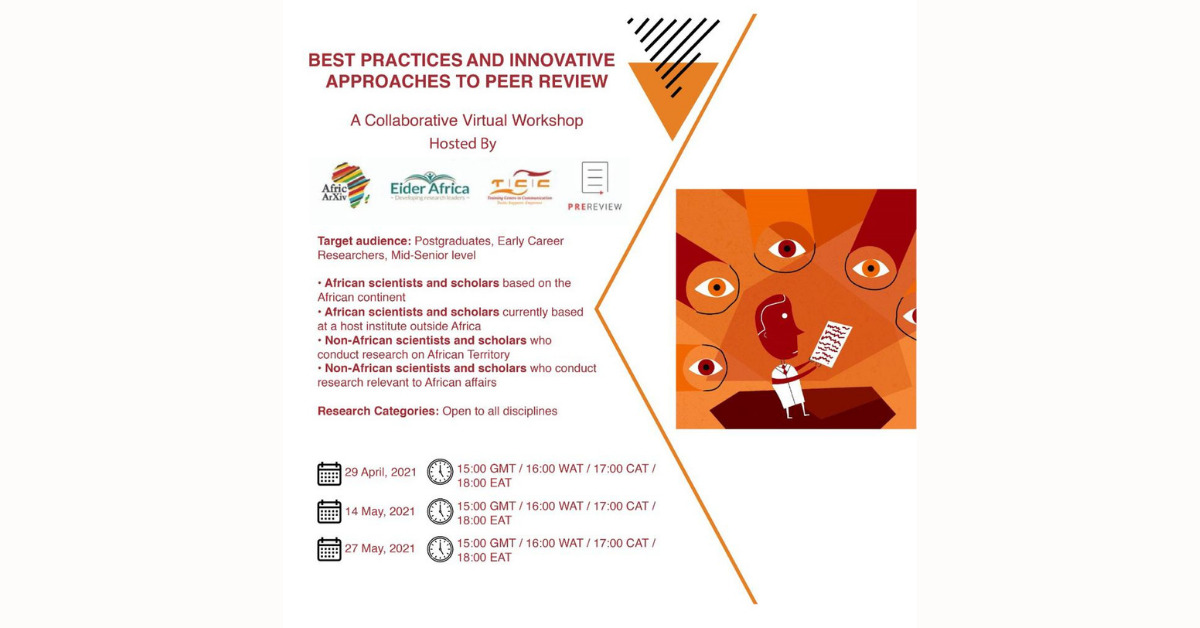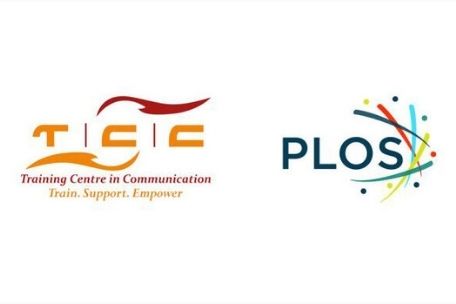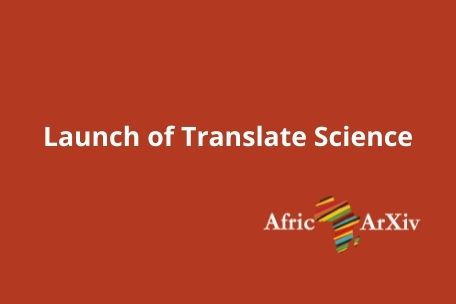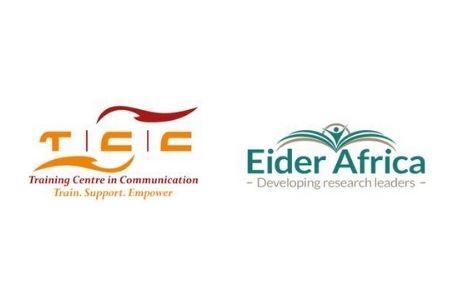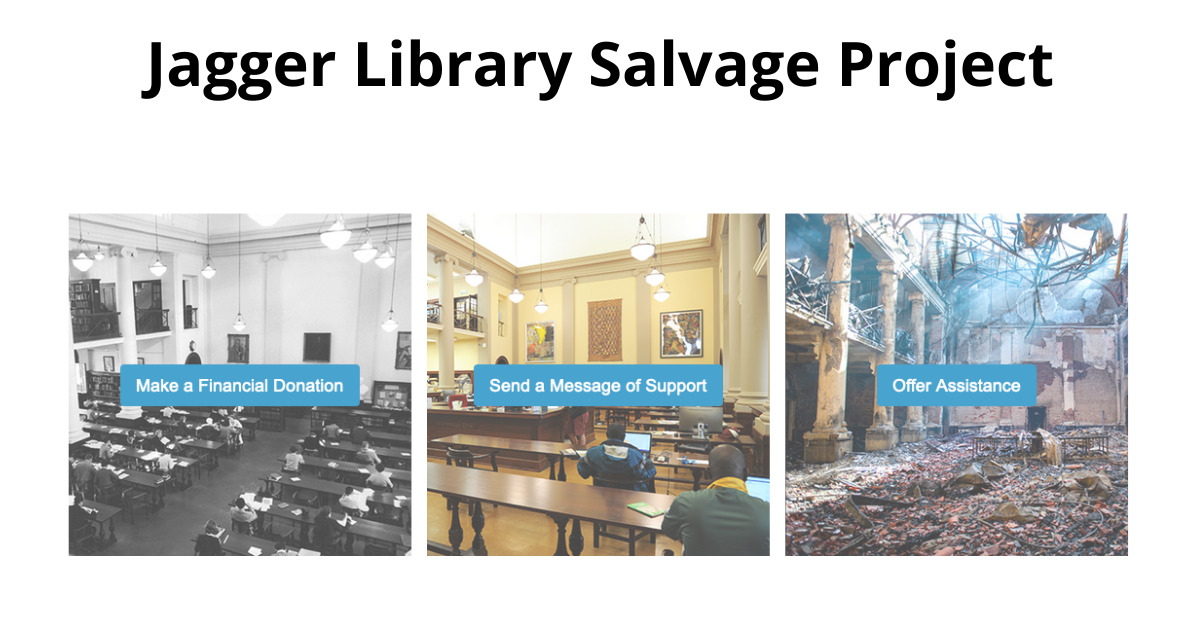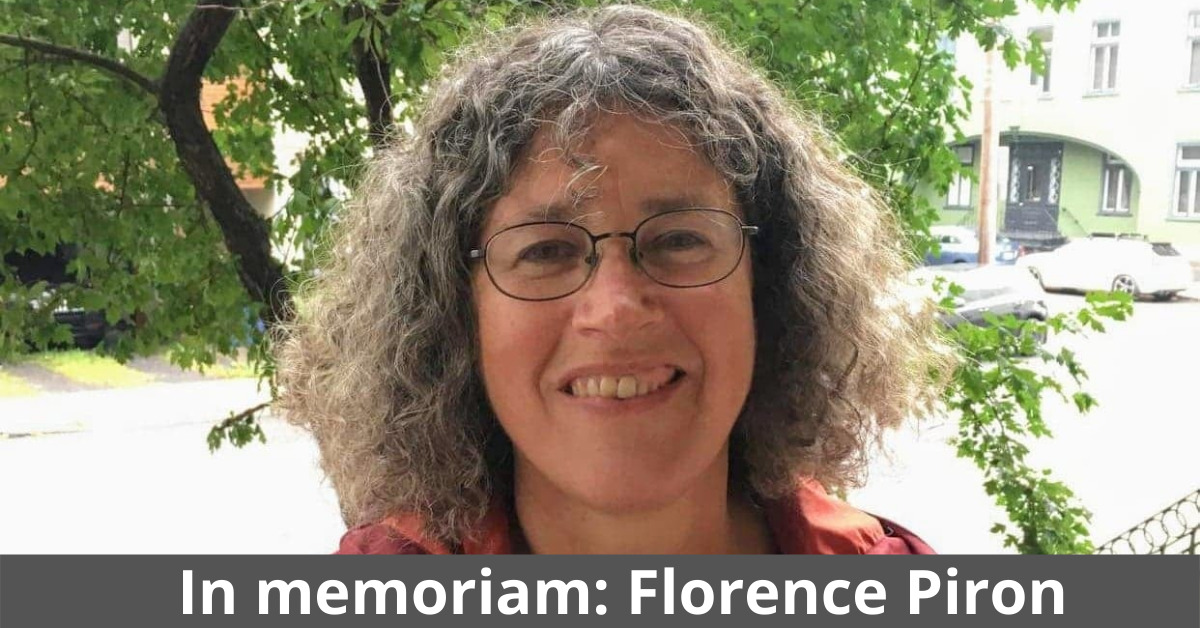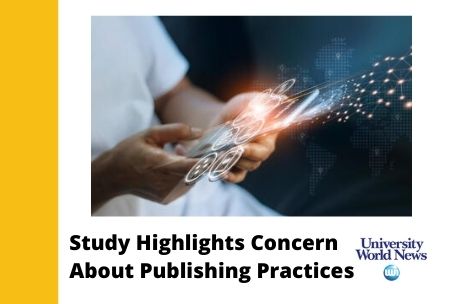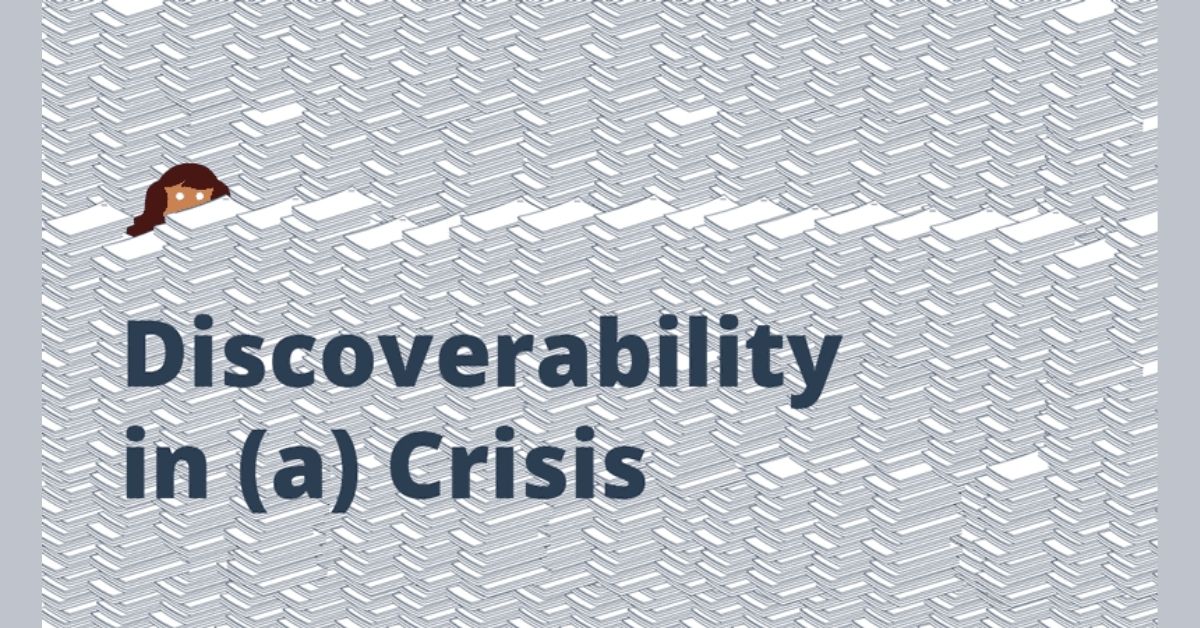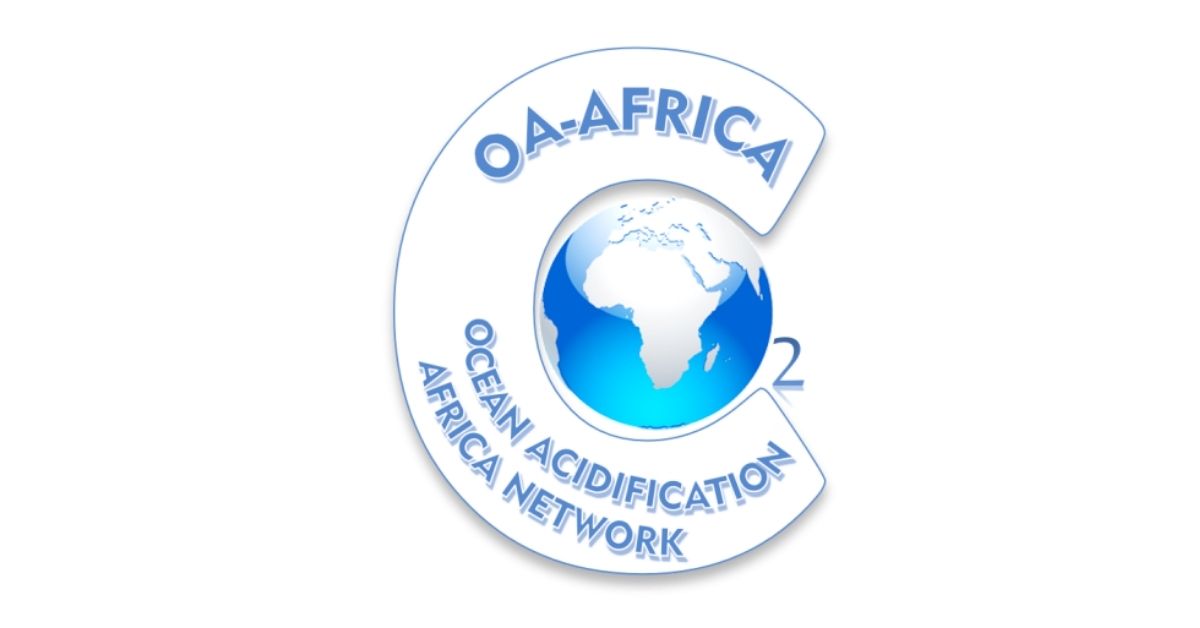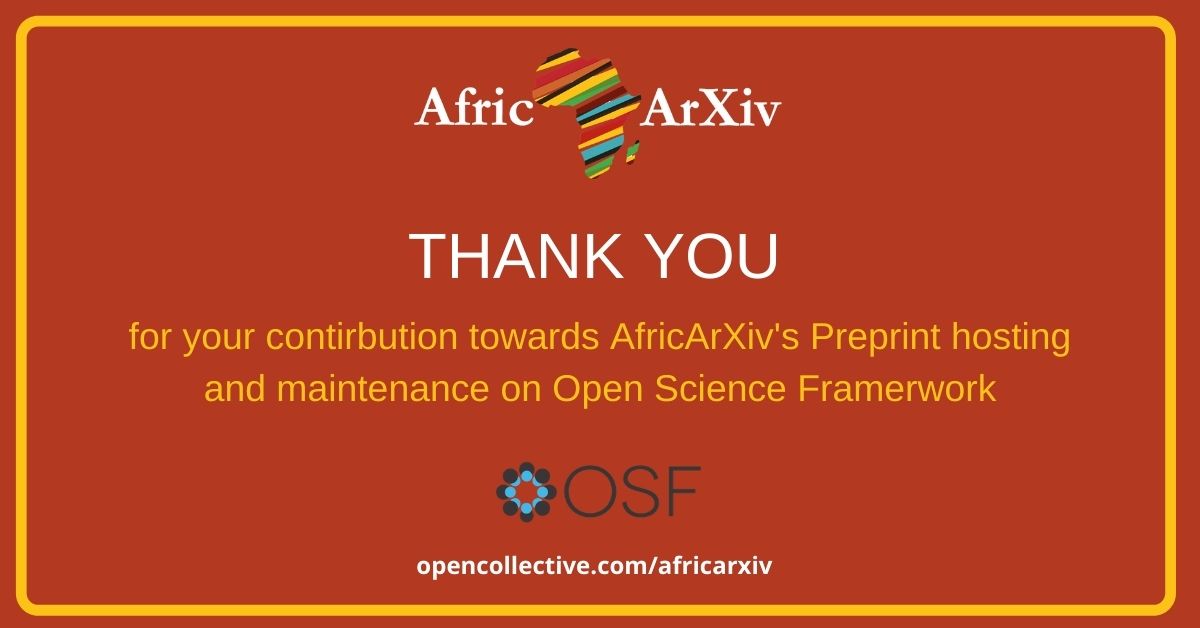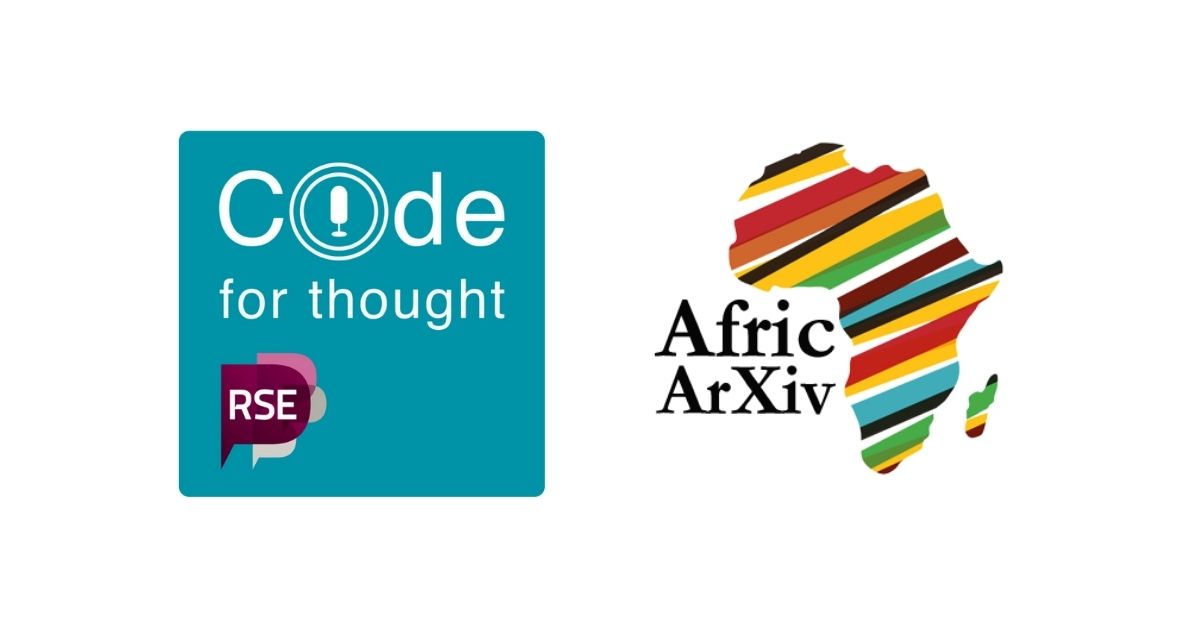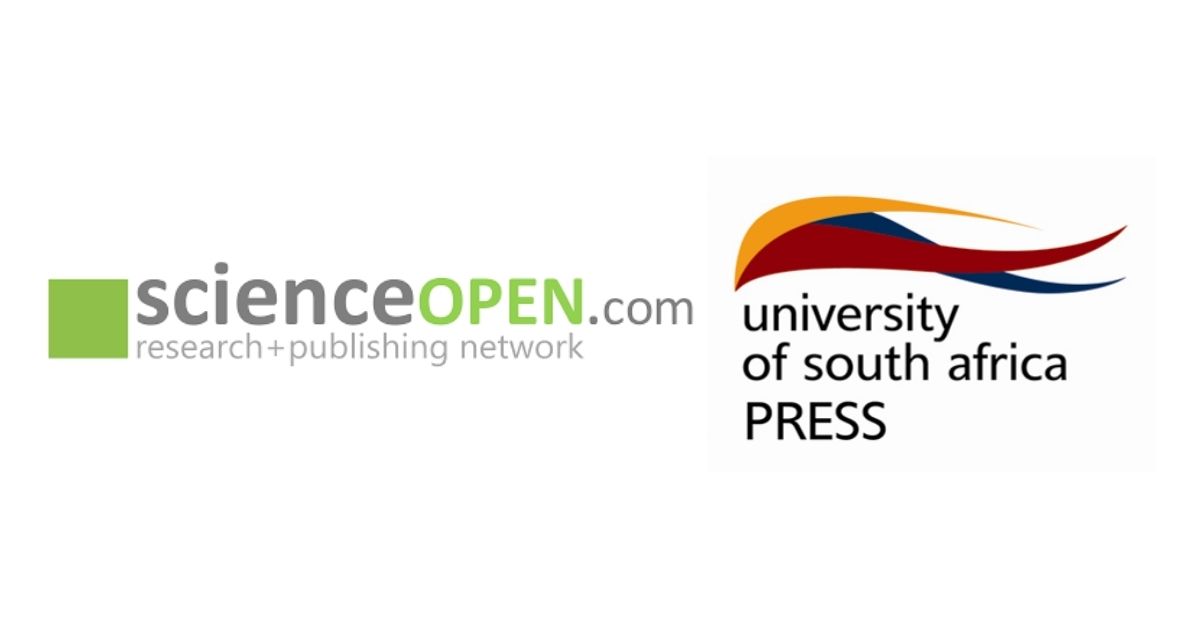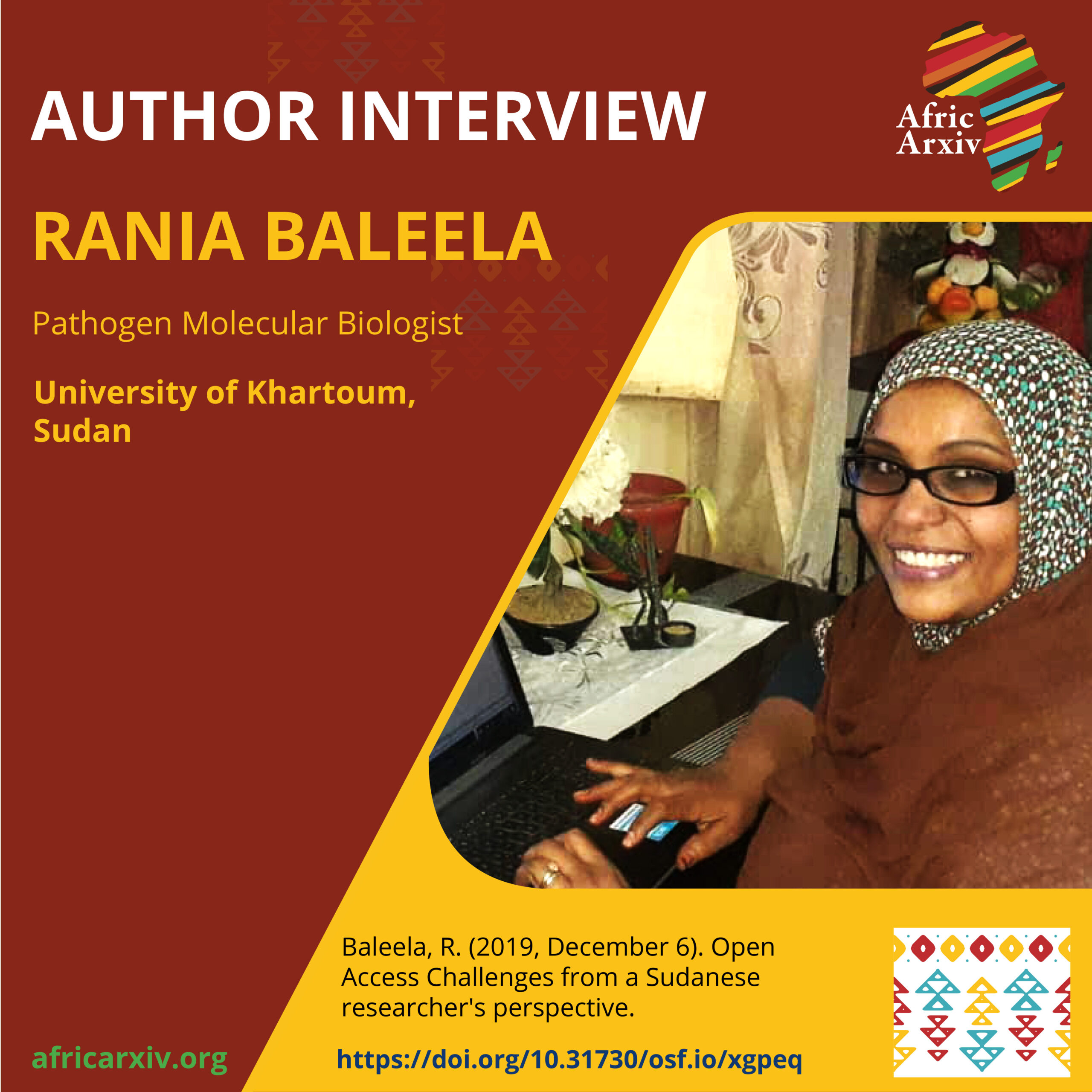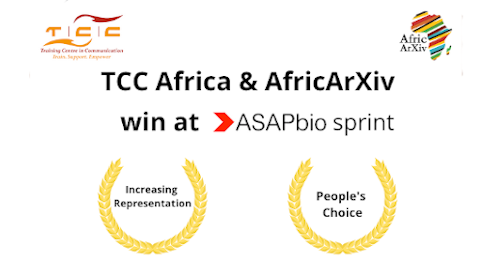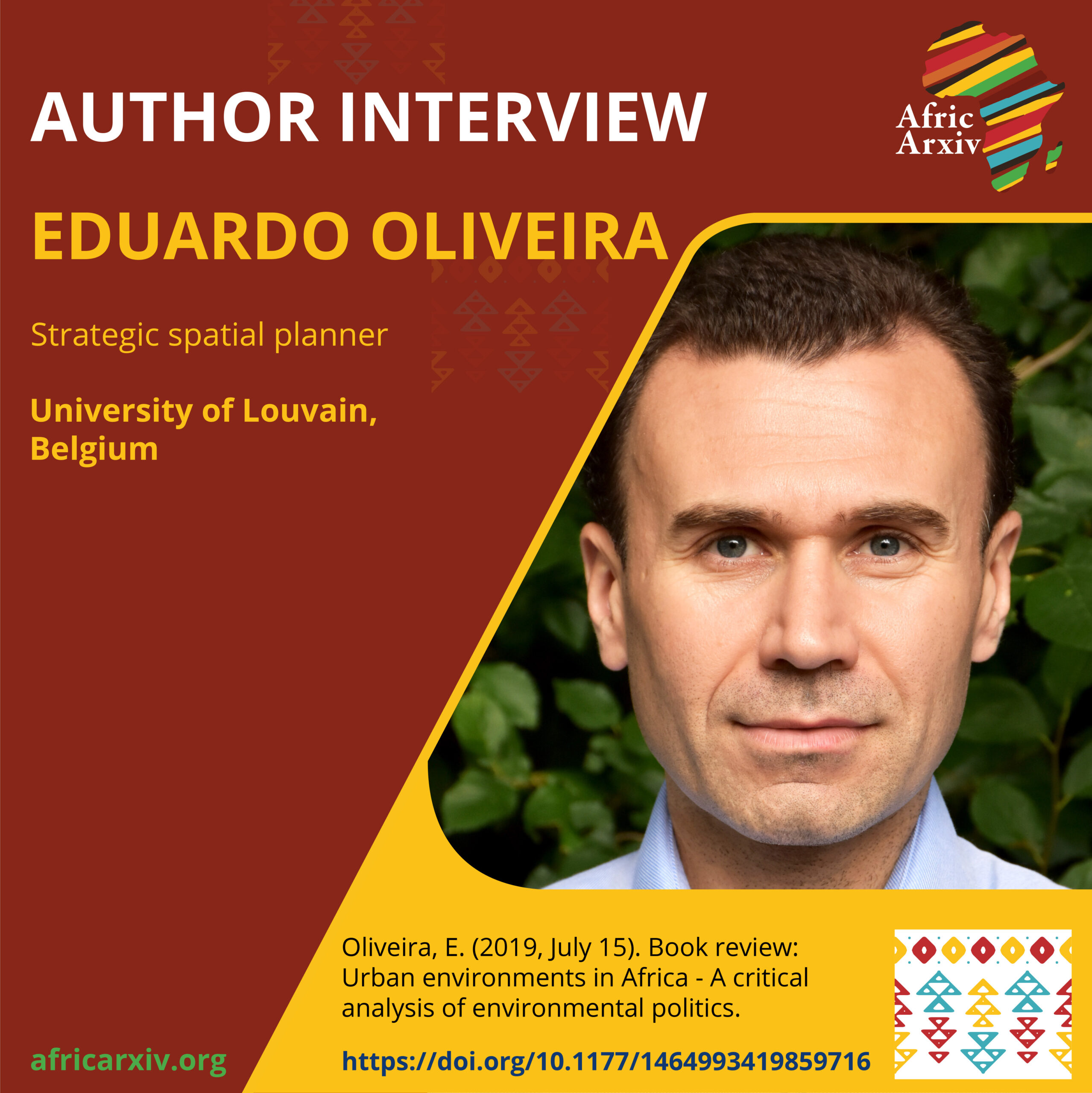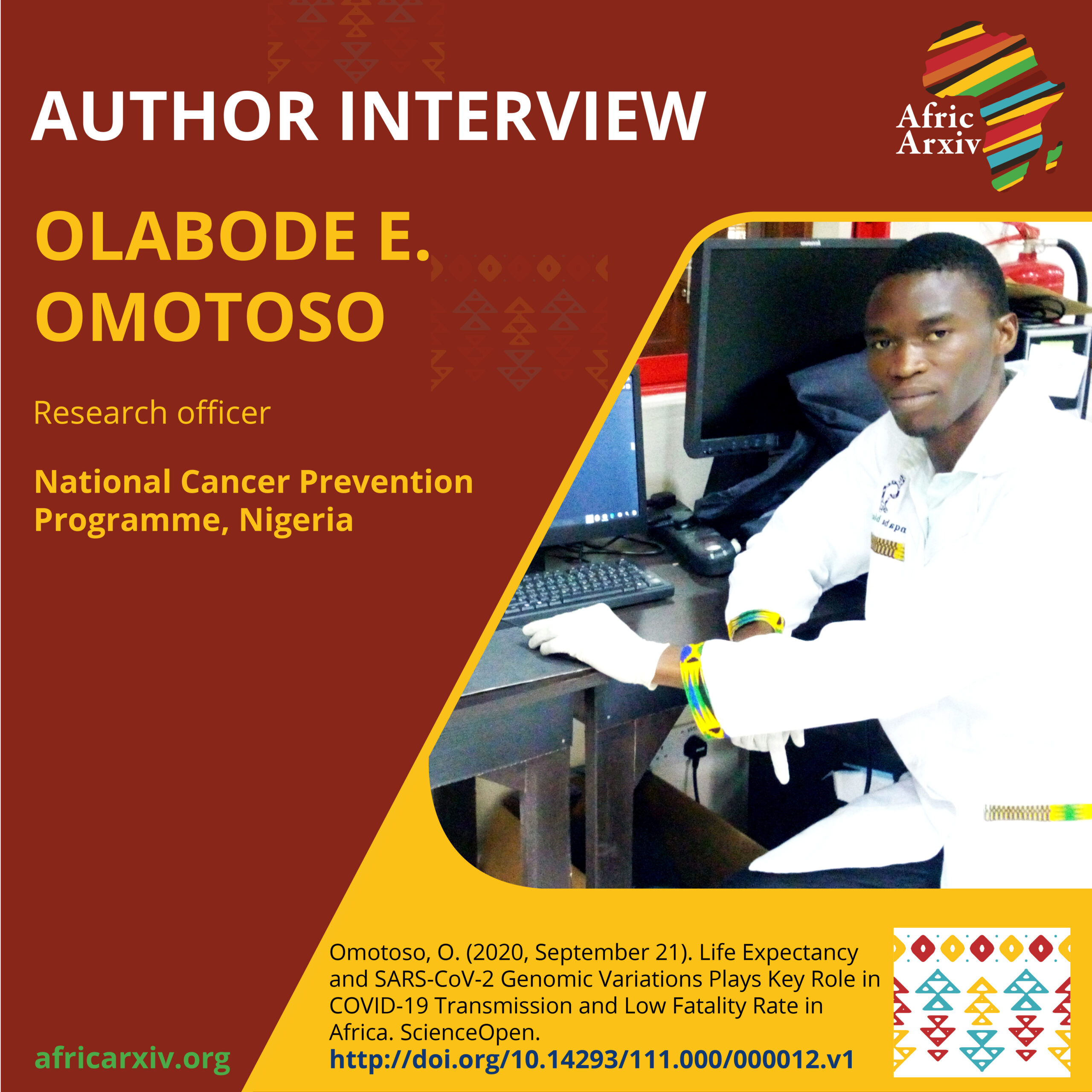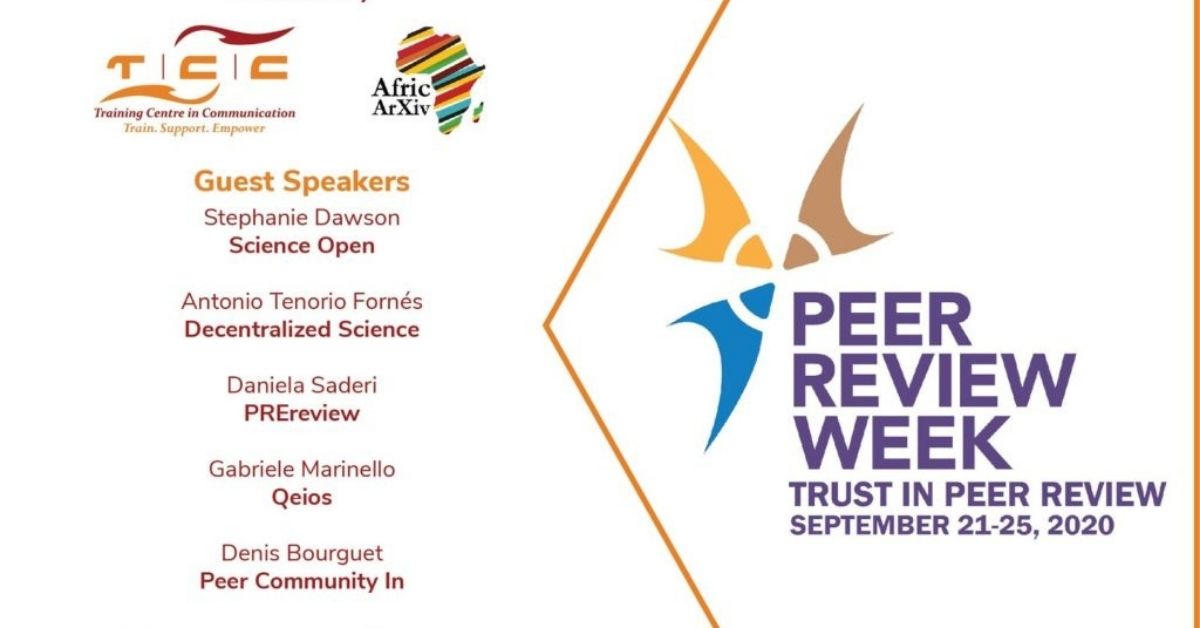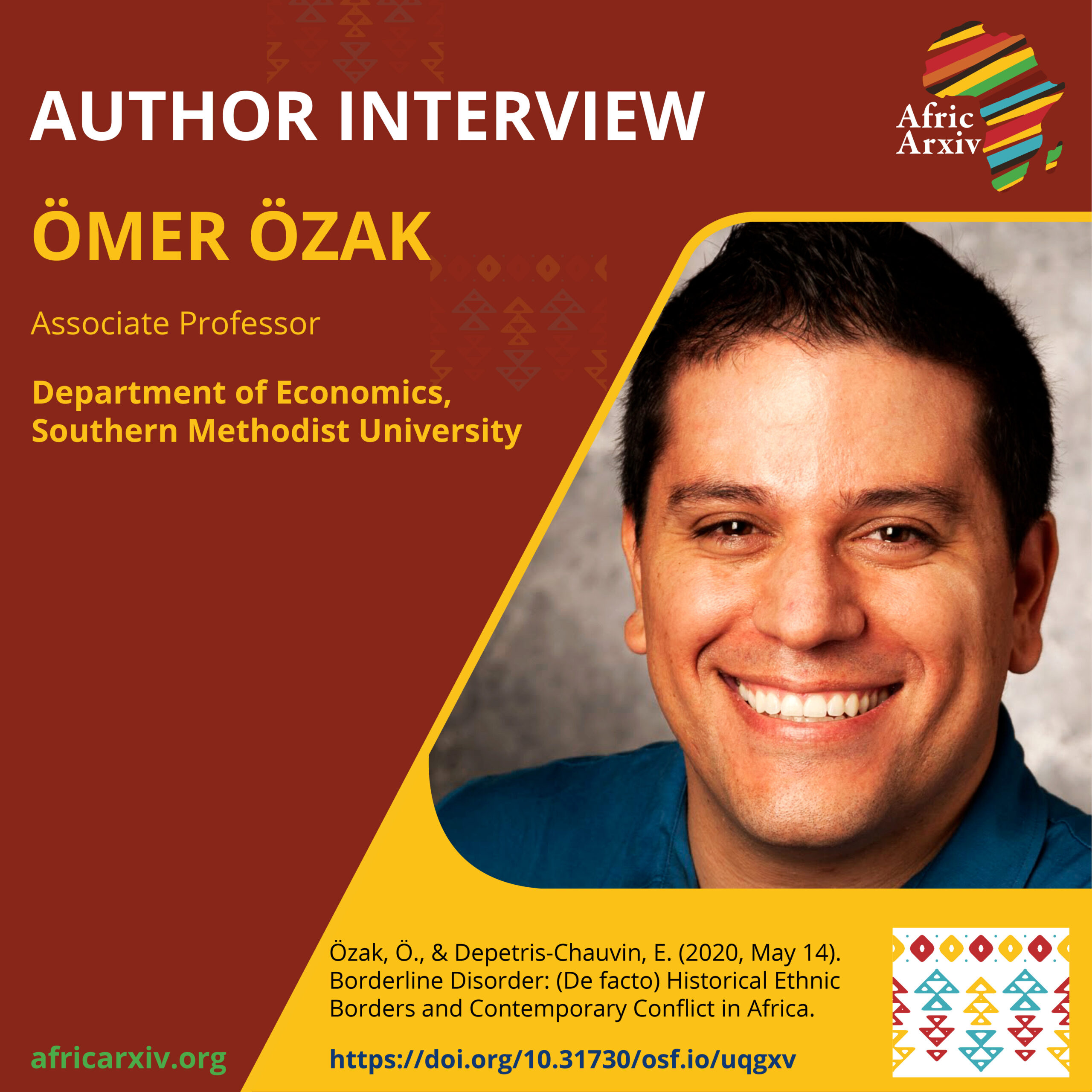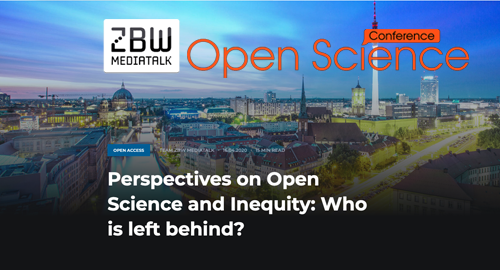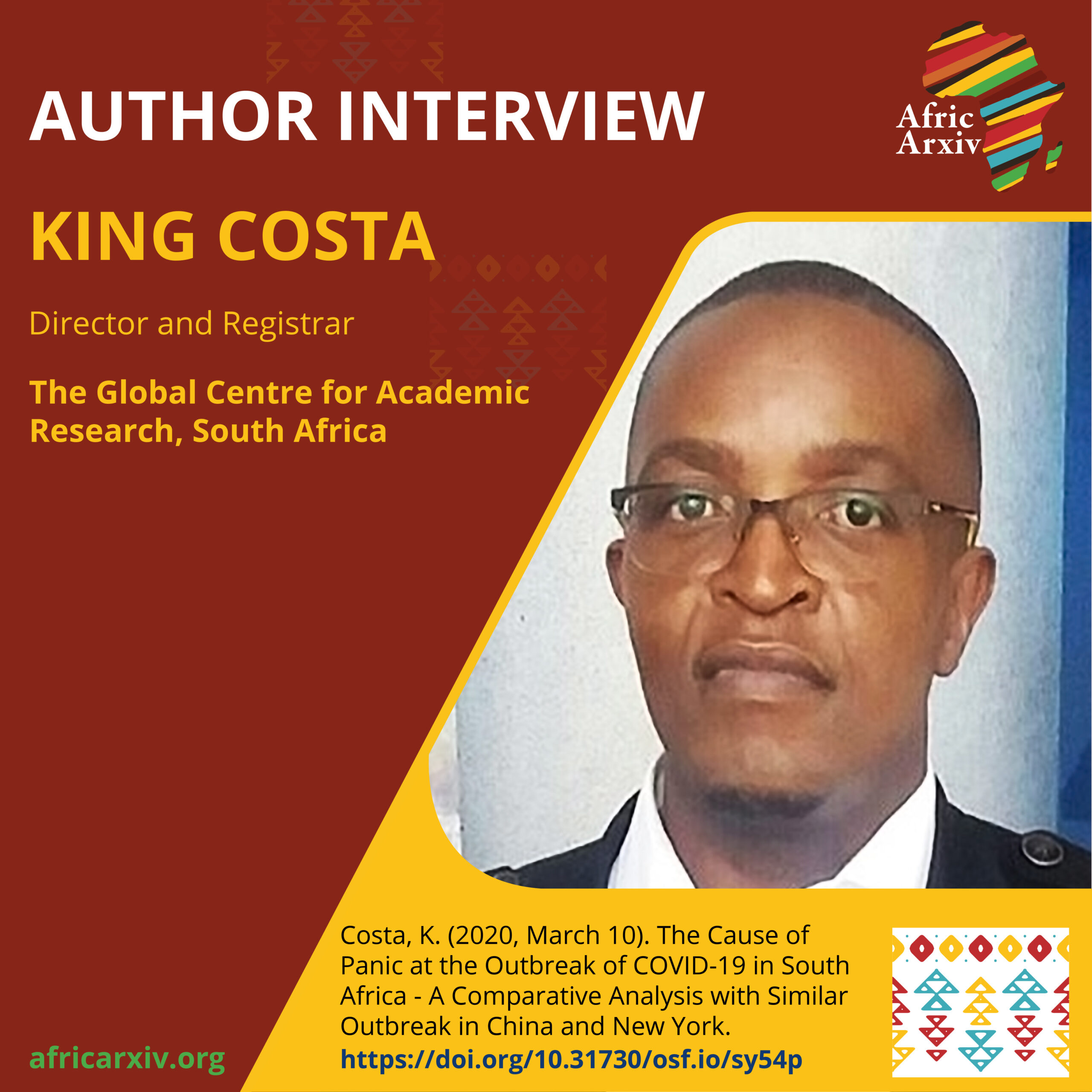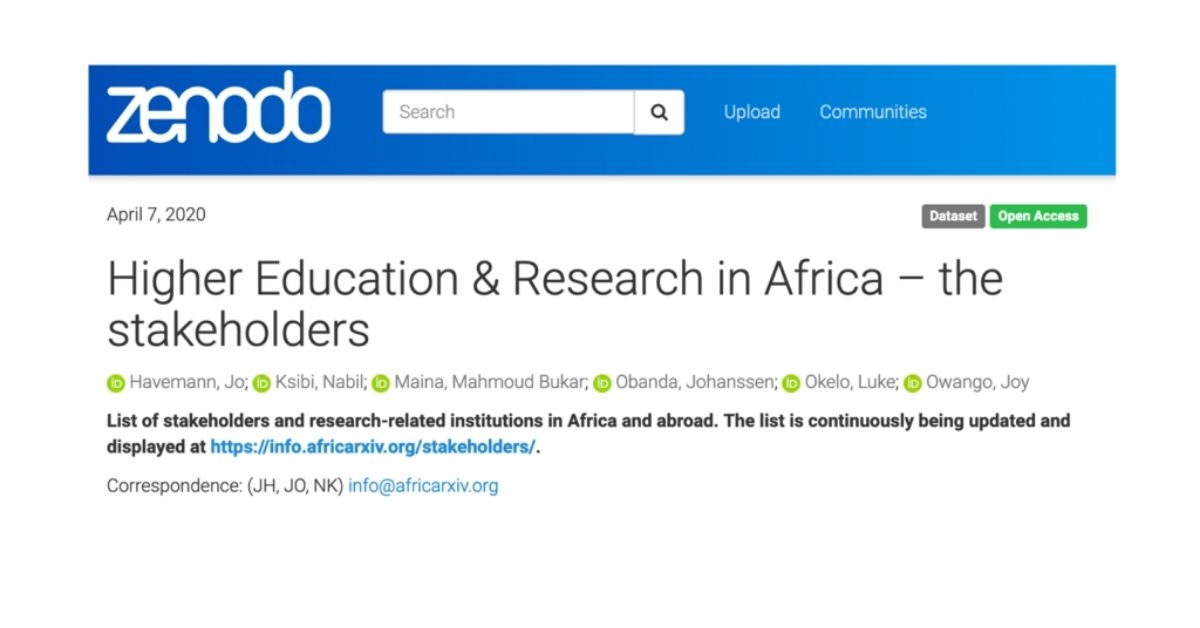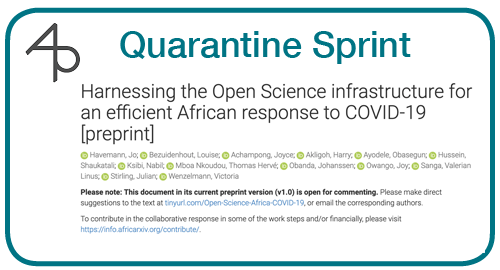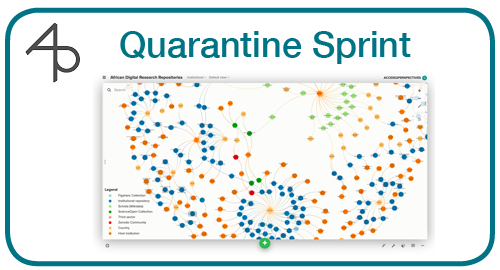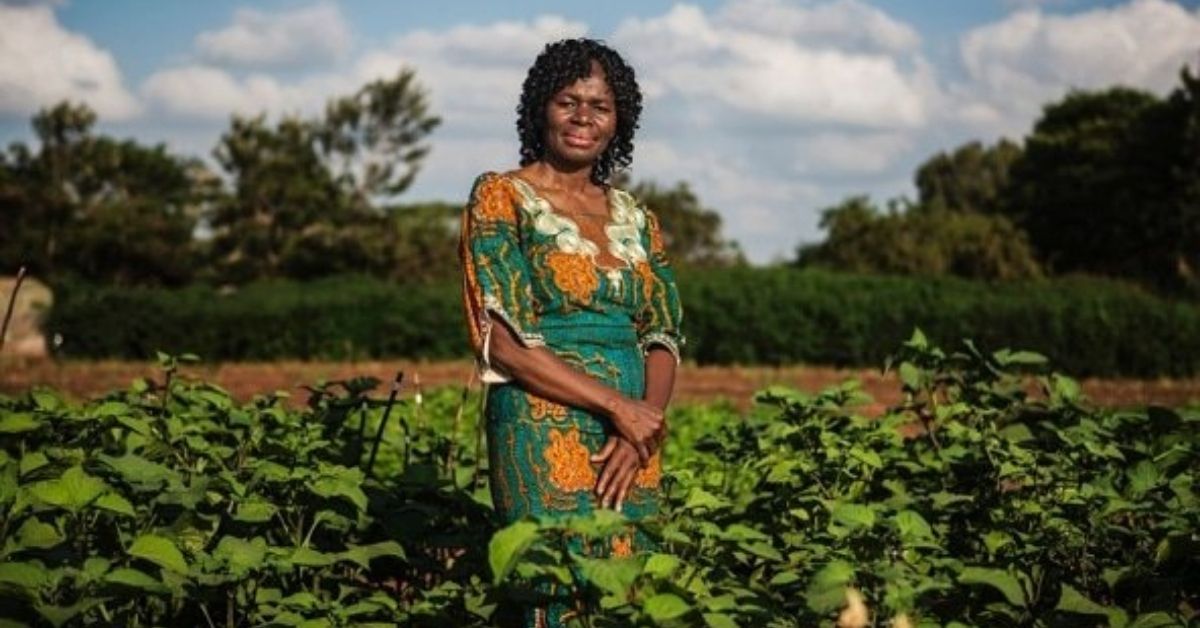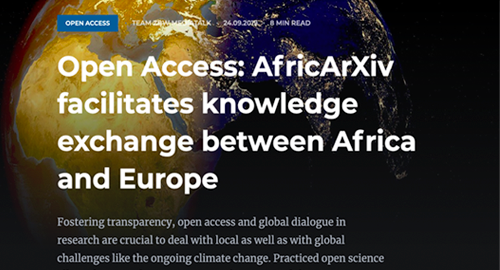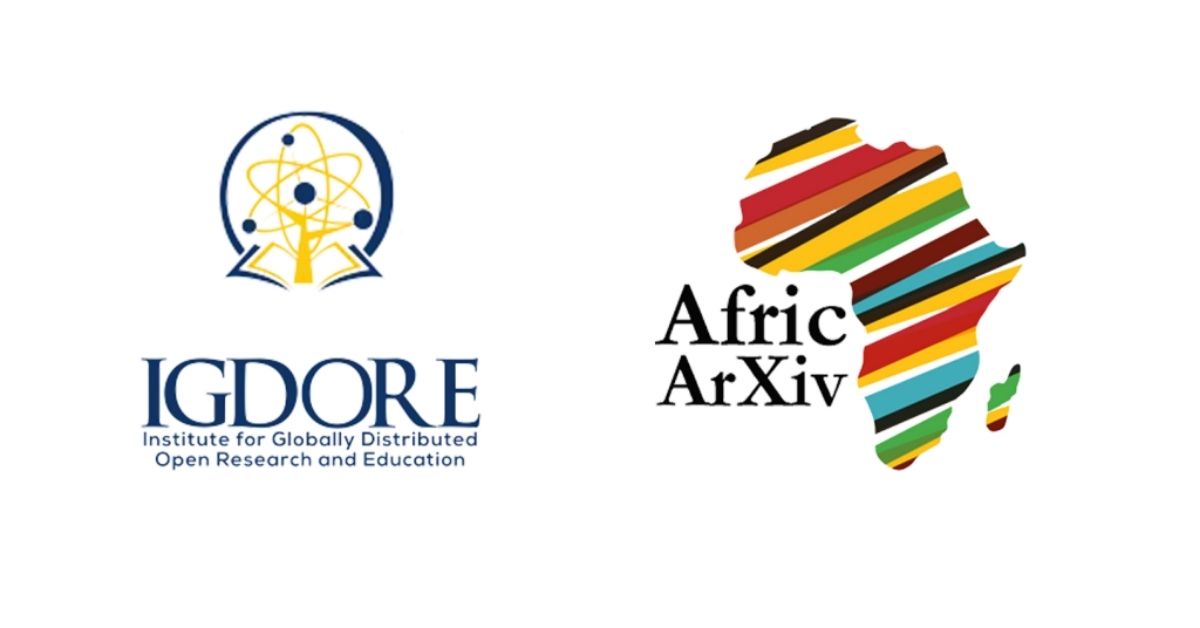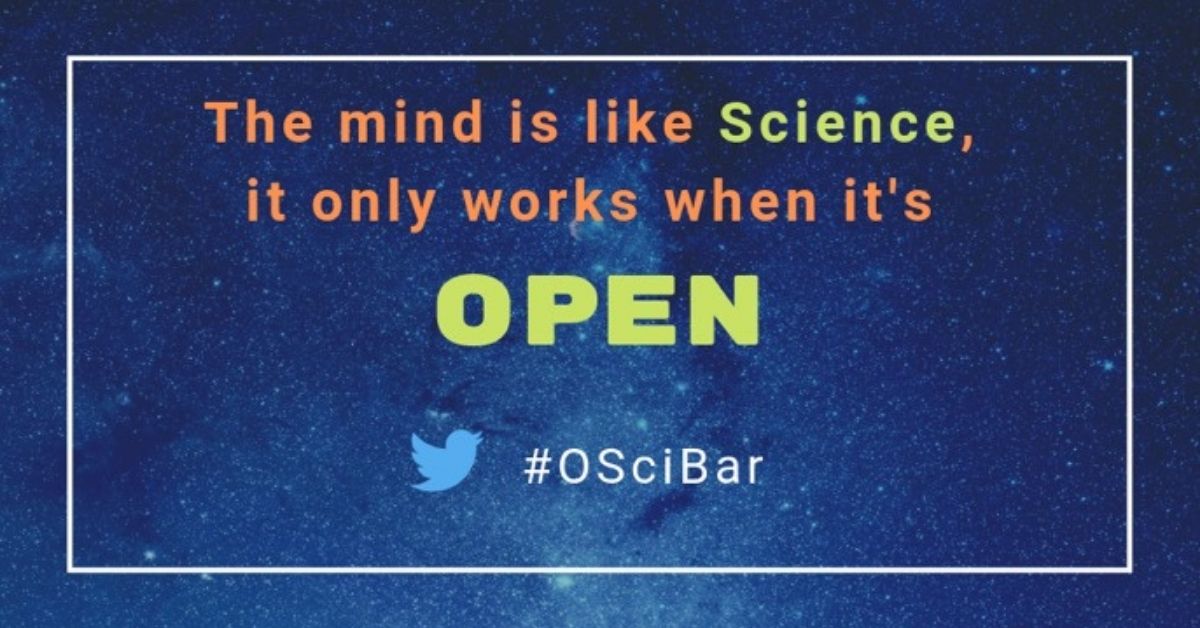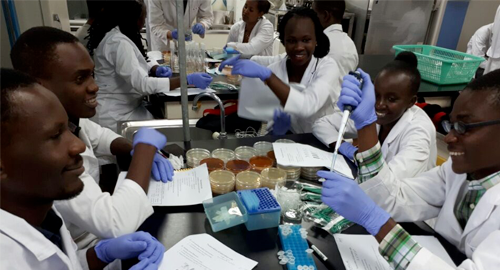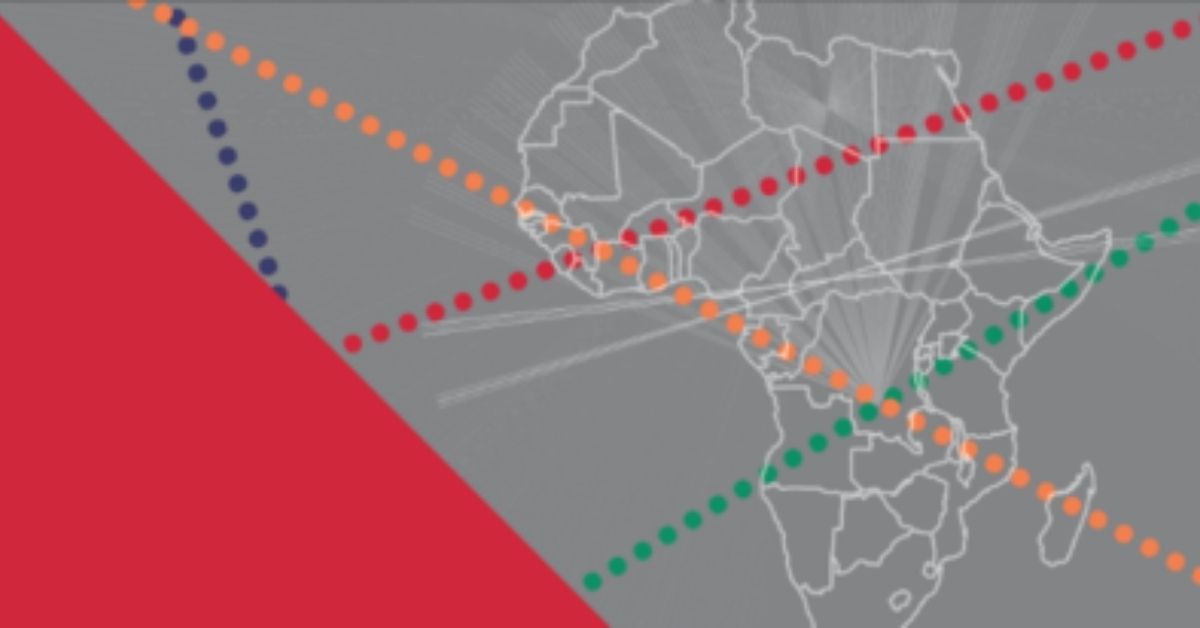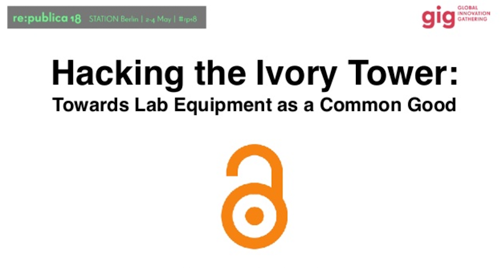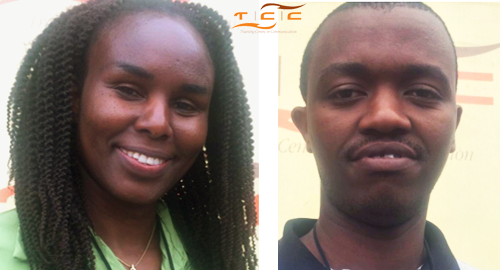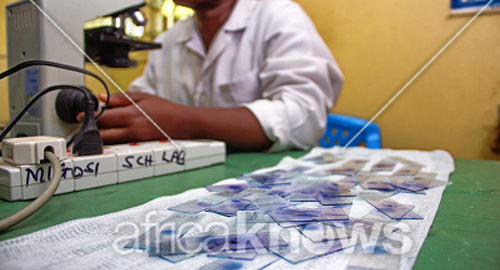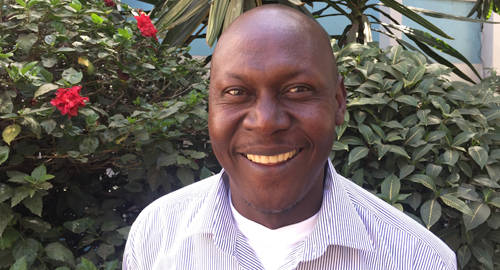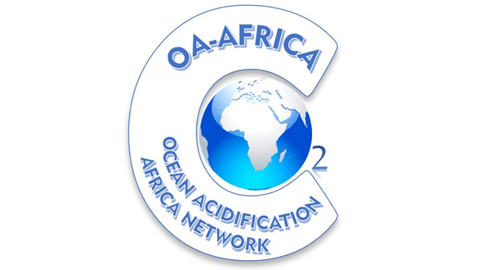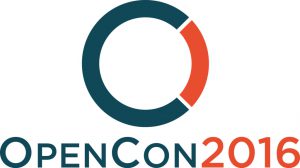AfricArXiv is a digital archive for African research, working towards building an African-owned open scholarly repository; a knowledge commons of African scholarly works. We partner with established scholarly repository services to provide a platform for African scientists of any discipline to present their research findings and connect with other researchers on the African continent and globally.
Website: africarxiv.org
AfricArXiv Open Science Webinar Series: A Year in Review
AfricArXiv, a free digital archive for African research, has played a pivotal role in advancing open science on the continent. Established in 2018 and hosted by UbuntuNet Alliance since 2023, the platform is being tailored towards meeting the needs of African researchers, leveraging the Alliance’s extensive network.
Open Science workshop in Zambia
We were enormously honored to deliver a workshop on Open Science, Open Data and Open Repositories to librarians at the 2024 Zambia Research and Education Network (ZAMREN) Week & Annual General Meeting.
Open Science session in Kenya for SGCI-funded researchers
Last week, the National Research Fund Kenya hosted the ‘Science Granting Councils Initiative 2023 Annual Forum and Global Research Council […]
Open Science workshop for Librarians
UbuntuNet Alliance under the AfricaConnect3 project invited 20 librarians to participate in a one-day Open Science training session a day before the UbuntuNet Connect 2023 Conference.
AfricArXiv, Diamond Open Access, Sustainability & Funding
Presentation held at the II DIAMOND OPEN ACCESS CONFERENCE, October 25 - 26, 2023. Toluca, Mexico
SDG indicator codes as metadata in institutional repositories and scholarly indexing systems
To encourage scholarly publishing venues and research institutions to adopt the SDG indicator taxonomy for solution-oriented research output that allows for direct application to societal and environmental interventions to mitigate climate change, forced migration, war and conflict, and other existential crises of our times.
Sustainability, Research, and Innovation – the Open Science panel at the SRI Africa Satellite event
At the #SRI2023 Africa satellite event, Dr Jo Havemann contributed to the Open Science panel that was organised by the […]
Toward Global Research Equity from an African perspective – A conversation with Joy Owango
Joy Owango is the executive director of TCC Africa, the Training Center in Communication, based in Kenya and serving the […]
The Data Quality Imperative – A conversation at the Frankfurt Book Fair 2022
From manuscript preparation to business-related best practices, scholarly publishers increasingly integrate data capture and analysis into their systems. These efforts are considered essential to enable interoperability, ensure transparency, and build trust with authors, funders, and institutions.
VAD Conference 2022: AfricArXiv Providing Reciprocal Discoverability of African Research Content
AfricArXiv was represented at the VAD conference 2022 in Freiburg, Germany, organized by the Africa Centre for Transregional Research (ACT) conference focused on the theme of African Europe, reciprocal perspectives and it addressed processes of co-production of knowledge as well as the mutual questioning of different ways. of thinking.
Deafness and Academia – A conversation with Wangari Joyce Ngugi
Following up on our previous episode with Joyce Wangari Nugi, in which we talked about Holistic wellness and mental health in research careers, this episode is about Wangari's work for the deaf community and deafness in academia.
We are joined by N'kadziri Aminah Idd, who facilitates sign language interpretation throughout our conversation (see the video below).
Preprint servers gain prominence, a spotlight on AfricArXiv
Talking about preprints and AfricArXiv in particular, we are honored to be featured in University World News along with colleagues and institutional partners Joy Owango (TCC Africa-Training Centre in Communication), Stephanie Dawson (ScienceOpen), Mark Hahnel (Figshare), Catherine Ahearn (Knowledge Futur
Podcast: AfricArXiv and TCC Africa Partnership for African Research Visibility
In October 2021, AfricArXiv, the African Open Access Portal, announced a partnership with the Training Centre in Communication TCC Africa […]
Holistic wellness and mental health in research careers – A conversation with Wangari Joyce Ngugi
Wangari talks about her experience as a professional in mental health, her work at Eider Africa, and the importance of community values for holistic well-being.
Open Reviewers Africa (presentation)
Owango, Joy, Munene, Aurelia, Ngugi, Wangari Joyce, Obanda, Johanssen, Havemann, Johanna, Saderi, Daniela, & Korzec, Kornelia. (2021, December 9). Open Reviewers Africa – A workshop to empower the next generation of African Peer Reviewers. FORCE2021: Joining Forces to Advance the Future of Research Communications. Zenodo. https://doi.org/10.5281/zenodo.5770712
New Dawn for African Researchers as TCC Africa and AfricArXiv Announce Formal Collaboration
The Training Centre in Communication (TCC Africa), based at the University of Nairobi, Kenya, and the pan-African Open Access portal […]
Announcing #FeedbackASAP by ASAPbio
ASAPbio is partnering with DORA, HHMI, and the Chan Zuckerberg Initiative to host a discussion on creating a culture of constructive public review and feedback on preprints. Read the full ASAPbio announcement and find out how to register for the event and to support preprint review.
Best Practice and Innovative Approaches to Peer Review
AfricArXiv, Eider Africa, TCC Africa, and PREreview are joining forces to bring together scientists from across Africa and scientists engaged in African-related research for a series of 3 virtual discussions and collaborative peer review.
PLOS and TCC Africa Partnering to Support African Researchers
We are excited to share the news that the Open Access publisher PLOS and our partner, the Training Centre in Communication (TCC Africa) are formally collaborating to promote a more inclusive Open Science future.
Launch of Translate Science
Translate Science is interested in the translation of scholarly literature. Translate Science is an open volunteer group interested in improving the translation of scientific literature. The group has come together to support work on tools, services and advocate for translating science.
TCC Africa and Eider Africa Collaborate to Mentor Early Career Researchers from Sub Sahara Africa
If you are a researcher, you are probably familiar with the research lifecycle and all the challenges and opportunities that […]
Support needed after fire at UCT Libraries
After the devastating fire at the Library campus of the University of Cape Town (UCT) on April 18, 2021, in […]
In memoriam of Florence Piron
Florence Piron was an anthropologist and ethicist, working as a professor in the Department of Information and Communication at Laval […]
Exploring publishing practices in Africa
The University World News released a report titled Study highlights concern about publishing practices, expressing the challenges that are faced by Sub-Saharan African researchers that consequently lead to few peer-reviewed articles published in the online publishing industry from the African continent.
The Challenge of Discoverability
AfricArXiv is working in collaboration with Open Knowledge Maps to increase the visibility of African research. In the midst of […]
Decolonising Research Methodologies
AfricArXiv is contributing to decolonisation by promoting an understanding of decolonisation through preprints; accepting preprint submission in both lingua-franca and native languages, and enabling ownership of African research by Africans through establishing of a decentralized, Africa-owned digital repository for the African continent.
Call for African Marine Researchers
Ocean Acidification Africa (OA-Africa) is a pan-African network specifically convened to coordinate and promote ocean acidification (OA) awareness and research in Africa.
Successful campaign: OSF preprint hosting & maintenance
We are grateful to everyone who contributed to the AfricArXiv hosting and maintenance on the Open Science Framework (OSF).
Job opportunity: Frontend developer for a Funding Observatory
As a frontend developer or tech-savvy person with experience in the same, you are cordially invited to contribute to finalizing […]
A podcast: Making African Science Visible
The AfricArXiv team contributed to the third episode of Code for Thought, a podcast on ‘software, engineering, research and anything in between’ created by Peter Schmidt of the Society of Research Software Engineering.
ScienceOpen and the University of South Africa Press launch the preprint server UnisaRxiv
Our partner repository ScienceOpen has cooperated with the University of South Africa (UNISA) Press to create the preprint server UnisaRxiv. […]
Interview with Rania Mohamed of University of Khartoum, Sudan
Dr. Rania Baleela, from University of Khartoum, Sudan, is a pathogen molecular biologist working towards developing infectious diseases control strategies. This interview explores Dr. Baleela’s research work, experience and her efforts in educating her community in dealing with poisonous and venomous organisms.
AfricArXiv receives JROST Rapid Response Award
Following our participation in the JROST conference 2020, we are honored to share that we were awarded $5,000 for our dedication in advancing openness in research and scholarship across Africa. AfricArXiv is among the eight awardees of the response fund; along with La Referencia - Openscapes - PREreview - sktime - 2i2c - Humanities Commons - Knowledge Equity Lab.
TCC Africa & AfricArXiv win at ASAPbio sprint
Under the title Encouraging Preprint Curation and Review, ASAPbio has held a design sprint to increase exposure for new and […]
TCC Africa & AfricArXiv win at ASAPbio sprint
Under the title Encouraging Preprint Curation and Review, ASAPbio has held a design sprint to increase exposure for new and […]
AfricArXiv supports COAR on their Input to “Data Repository Selection: Criteria that Matter”
On the 24th of November, 2020 the Confederation of Open Access Repositories (COAR) published a response to the Data repository Selection […]
AfricArXiv supports the virtual Chatbot Africa & Conversational AI Summit 2021
The summit will cover applications of Conversational AI, Chatbots, Voice, Virtual Assistants, and Conversation Design in a variety of sectors. The focus is on how companies are using chatbots and conversational AI to decrease costs and increase revenues and explore latest trends, use cases, and get a behind the scene look at what is working best.
COAR, TCC Africa and AfricArXiv sign partnership agreement
We are pleased to announce that the Confederation of Open Access Repositories (COAR) and TCC Africa in collaboration with AfricArXiv have signed a partnership agreement focused on strengthening capacity and infrastructure for Open Science in Africa.
TCC Africa Awarded Best Communication Higher Education Training Provider 2020 – East Africa
We are excited to announce that our partner organisation TCC Africa emerged as the winner in the MEA Market Excellence award as the Best Communication Higher Education Training Provider 2020.
Interview with Dr. Eduardo Oliveira of University of Louvain, Belgium
How can governance of land systems and sustainability in land use frontiers be improved? What are the synergies and trade-offs between local-based land use challenges, and global interests for land? Have a look at the informative interview with Dr. Oliveira to learn about his research in addressing these questions.
AfricArXiv and COS partner to support pan-African research
Beyond open access publishing services for its community, AfricArXiv will facilitate more opportunities for rigorous and reproducible practices.
AfricArXiv in a nutshell – what we do, our achievements and our roadmap
More than two years into our work with AfricArXiv we are glad to present an overview of our work. You […]
Interview with Olabode Omotoso of the National Cancer Prevention Programme, Nigeria
What is behind the observed low COVID-19 fatality in Africa? What is the state of research communication in Africa? Read through Mr. Olabode's engaging responses on the impact of life expectancy and SARS-Cov-2 genomic variation on COVID-19 transmission and fatality in Africa.
Call to action: COVID-19 Rapid Review
Originally published at: africarxiv.pubpub.org Cite as: AfricArXiv (2020). Call to action: COVID-19 Rapid Review. AfricArXiv. Retrieved from https://africarxiv.pubpub.org/pub/24sv5nej As a […]
Rapid and Open Peer Review
What are the new technologies for research quality assessment in academic publishing in the light of Open Science?
Interview with Ömer Özak of Southern Methodist University (SMU)
Do you know the role of diversity, cultural similarity and history in economic development and conflict in the context of Africa? In this interview Dr. Ömer explores this important subject and explains their work on the role of borders and conflict as one of the main problems in Africa.
Goal achieved: OSF preprint hosting & maintenance 2020
We would like to take a moment to express our gratitude to everyone who contributed in covering the 2020 fee for AfricArXiv’s preprint hosting & maintenance on the Open Science Infrastructure (OSF) provided by the Center for Open Science.
Interview with Oguta Job Francis from Busitema University, Uganda
How do we find a cheaper alternative to produce enough quality food to feed the world? Read through Job Oguta’s […]
Accessing Research Information in Africa
Within the Digital Science blog series on SDG-related research, our advisory board member Joy Owango wrote about SDG 4, Quality Education.
Addressing Science Literacy in Africa Through Open Access
Open access (OA) is a set of principles and a range of practices through which research outputs are distributed online, […]
AfricArXiv turned 2
We happily celebrated the 2nd anniversary of AfricArXiv in June 2020. AfricArXiv turned two years old of serving as a […]
Black Lives Matter
We stand in solidarity with the Black communities in the United States of America – #BlackLivesMatter AfricArXiv exists to address […]
Highlights from the Open Publishing Fest
Earlier this week it was a great pleasure to present AfricArXiv at the Open Publishing Fest to discuss with the participants around the question:
´Why do we need a preprint repository for Africa?
Multilingual chatbot for African citizens, researchers and policy-makers to provide quick answers around COVID-19
The German startup DialogShift and the pan-African cross-disciplinary preprint repository AfricArXiv develop a multilingual chatbot for African citizens, researchers and […]
Collaboration of Sudanese academic and health institutes to confront COVID-19 spread
The original post is available at https://www.facebook.com/permalink.php?story_fbid=1095949130738015&id=698072480525684 Photos by: Staff and students of faculty of pharmacy, university of Gezira In […]
Scholarly publishers are working together to maximize efficiency during COVID-19 pandemic
Today on 27 April 2020, a group of publishers and scholarly communications organizations announced a joint initiative to maximize the […]
Mitigating the effects of COVID-19 by distributing hand sanitizers
An initiative gathers professors of Omdurman Islamic University in Sudan for COVID-19 pandemic mitigation.
Knowledge Futures Group and AfricArXiv launch Audio/Visual Preprint Repository on PubPub
PubPub, the open-source collaboration platform built by the Knowledge Futures Group, has partnered with AfricArXiv, the African preprint repository, to host audio/visual preprints. This partnership will enable multimedia submissions around research outputs, including community participation and feedback for and from researchers.
Join us: COVID-19 Africa Response
Team members from AfricArXiv have partnered up and are closely collaborating with other organizations like Code for Africa, Vilsquare, African […]
Perspectives on Open Science and Inequity: Who is left behind?
[originally published at zbw-mediatalk.eu] Due to precautionary measures in regard to the coronavirus, the second day of this year’s Open […]
Interview with Dr. King Costa of the Global Centre for Academic Research
Dr. King Costa, Managing Director and Registrar at the Global Centre for Academic Research and Research Associate Professor at AMADI […]
Higher Education & Research in Africa – the stakeholders [data set]
We have compiled a list of Higher Education & Research in Africa stakeholders and shared it in xlsx, csv, pdf […]
COVID-19: Time to take science seriously
[originally published at newsdiaryonline.com/…/] The COVID-19 (Coronavirus) pandemic is one of the worst crises of our time. At present, over […]
Introducing the Volt Microscope for students and researchers to continue learning and exploring science at home
Our partner organization Vilsquare (Nigeria) has developed a professional, low-cost and portable microscope to help students, teachers and researchers remain […]
Africa’s Largest Open Data & Civic Technology Network Partners with Continental Digital Archive for Scientific Research to Mitigate COVID-19
UPDATE as of May 11, 2020: Amicable ending of the collaboration between CfA and AfricArXiv After careful consideration and discussion […]
Harnessing the Open Science infrastructure for an efficient African response to COVID-19 [preprint]
Cite as: Havemann, Jo, Bezuidenhout, Louise, Achampong, Joyce, Akligoh, Harry, Ayodele, Obasegun, Hussein, Shaukatali, … Wenzelmann, Victoria. (2020). Harnessing the […]
Harnessing the Open Science infrastructure for an efficient African response to COVID-19 [preprint]
With the current coronavirus pandemic, the urgent need for Open Access to research results will increase scientific public domain knowledge to COVID-19 related literature hence enabling African researchers to develop African-centered solutions towards combating the SARS-CoV 2 virus, while at the same time strengthening the local biomedical resources of African countries and increasing their preparedness for future outbreaks. This applies to both global and regional levels. Previous virus outbreaks, such as the recent Western African Ebola and Zika epidemics, ...
African Digital Research Repositories: Mapping the Landscape
The International African Institute (IAI, https://www.internationalafricaninstitute.org) in collaboration with AfricarXiv (https://info.africarxiv.org) present an interactive map of African digital research literature repositories. This drew from IAI’s earlier work from 2016 onwards to identify and list Africa-based institutional repositories that focused on identifying repositories based in African university libraries. Our earlier resources are available at https://www.internationalafricaninstitute.org/repositories.
TCC Africa offering online trainings
Training Centre in Communication has started offering courses online. Ms. Joy Owango, the Executive Director commented that This was part […]
Q&A around COVID-19 in regional African languages
Dissemination of information about best practices and behavioral suggestions to reduce the spread of the coronavirus is provided mostly in […]
Lessons learned from the Ebola outbreak
OB Sisay urges us to learn from the Western Africa Ebola virus epidemic (2013-2016) and make informed decisions about the COVID-19 outbreak across the continent.
African preprint server creates info hub for coronavirus research
Originally published at researchprofessionalnews.com/rr-news-africa…/ Grassroots contributions sought to trigger collaborations and share insights The free preprint service AfricArXiv has created […]
Why African researchers should join the Psychological Science Accelerator
The goals of AfricArXiv include fostering community among African researchers, facilitate collaborations between African and non-African researchers, and raise the […]
ORCID integrations on OSF, ScienceOpen and Zenodo via AfricArXiv
ORCID and AfricArXiv are collaborating to assist African scientists in advancing their careers through unique identifiers. ORCID supports AfricArXiv and […]
Interview with Joy Owango, TCC Africa
TCC Africa’s Executive Director and AfricArXiv project partner Joy Owango talked to Africa Business Communities about its model, ambitions and the […]
Service fees for OSF preprint hosting and maintenance – AfricArXiv continues its services
‘Popular preprint servers face closure because of money troubles’ Nature News, 1 Feb 2020, doi: 10.1038/d41586-020-00363-3 This is the headline […]
AfricaOSH summit 2020
Back in April 2018, the idea to build an African Open Access repository was born at the first AfricaOSH summit […]
Strategic partnership with ScienceOpen
ScienceOpen and AfricArXiv are partnering to provide African researchers with accelerated visibility, networking and collaboration opportunities. The research and publishing […]
Book about the importance of local languages for Research in Africa written in Kinyarwanda
The OAPENbooks Library has its first archive record with a book written in the Rwandan language Kinyarwanda; co-authored by Evode […]
Prof. Mary Abukutsa-Onyanko on OA Publishing and Food Security
In early December 2019, Prof Abukutsu-Onyanko presented her work at the UTC-SPARC Africa Open Access Symposium 2019 Symposium in Cape […]
FORCE2019: Establishing a shared vision for preprints
This blog is cross-posted from ASAPbio and reused under CC-BY 4.0 license. Please add any comments and annotations on the […]
Open Science Online Training package for African scientists
AfricArxiv is a free, open source and community-led digital archive for African research output in the form of a non-profit open source platform for African scientists to upload their working papers, pre-prints, accepted manuscripts (post-prints), and published papers as well as associated data packages and article versioning. AfricArxiv is dedicated to enhance and open up research and collaboration among African scientists and non-African scientists that work on African topics.
Multi-directional academic knowledge exchange from and about Africa
This article was originally published at ela-newsportal.com “Academic Research and knowledge from and about Africa should be freely available to […]
ZBW Mediatalk interview about AfricArXiv and language diversity in Science
The following interview was originally published at zbw-mediatalk.eu and licensed under Creative Commons BY 4.0. Enjoy the read! Fostering transparency, […]
ZBW Mediatalk interview about AfricArXiv and language diversity in Science
The following interview was originally published at zbw-mediatalk.eu and licensed under Creative Commons BY 4.0. Enjoy the read! Fostering transparency, […]
Strategic partnership with Open Knowledge Maps
Vienna, Austria & Cotonou, Benin Open Knowledge Maps and AfricArXiv are partnering to advance Open Science and Open Access for […]
Strategic Partnership with IGDORE
We proudly announce that AfricArXiv has entered a strategic partnership with the Institute for Globally Distributed Open Research and Education […]
The beginning of a new era: science communication in Africa
Originally published at crastina.se/science-communication-in-africa/. This Crastina Column by Pearl Ihuoma Osirike, Ph.D. Fellow at the University of Ghana, initiates the theme […]
AfricArXiv at #osc2019
AfricArxiv was presented at the International Open Science Conference (#osc2019) in Berlin, Germany by Jo Havemann on the theme: “What […]
Open Science in Africa
Justin Ahinon and Jo Havemann (both founders of AfricArXiv) talk in this article about the development of Open Science Services […]
Open Science in Africa – Challenges, Opportunities and Perspectives
Justin Ahinon and Jo Havemann, both founders of AfricArXiv, talk in this article about the development of Open Science Services […]
The African Open Science Platform: The Future of Science and the Science of the Future
Participants of AfricaParticipants of African Open Science Platform Strategy Workshop, March 2018; Advisory Council, African Open Science Platform Project; Technical […]
African scientists launch their own preprint server
The free, online outlet is one of a growing number where academics on the continent can share their work Smriti […]
The Center for Open Science and AfricArXiv Launch Branded Preprint Service
Charlottesville, VA The Center for Open Science (COS) and AfricArXiv have launched a new preprint service that will advance scientific knowledge in […]
re:publica 18 session – Towards Lab Equipment as a Common Good
At this year’s re:publica, we had a session on Open Science Hardware. Our focus was on hardware and software solutions, tools […]
TCC Africa training experience
Our institutional partner TCC Africa offers trainings in Science Communication across the African continent, course topics ranging from proposal writing […]
Moving forward: Research in Africa
In a recent SciDevNet article, Ochieng’ Ogodo reported on the discussion outcomes from this year’s Regional Conference on Balanced and Inclusive Education […]
Brain research in Kenya
This podcast was originally published at PhD Career Stories. Professor Alfred Orina Isaac is a Pharmaceutical Scientist at Kenya Technical University with […]
Ocean Acidification Africa
Scientists around the world showed their support to the OA-Africa network and joined the ocean acidification day on June 8, 2017. […]
From #OpenConBerlin 2016 to Africa
Would you agree that the Digital Age and the Academic Internet are bringing the scientific world closer together? OpenCon is the […]





